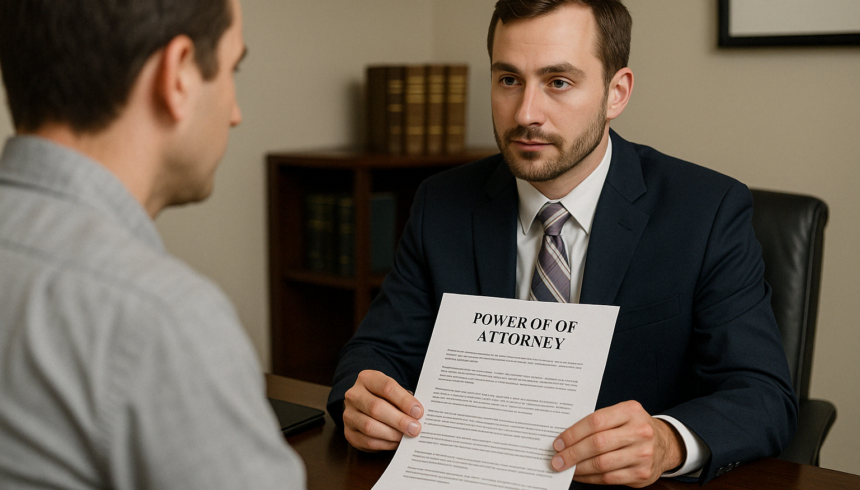
 By Evan Lange
By Evan Lange
Before proceeding, please review the legal disclaimer.
A power of attorney (POA) is one of the most powerful estate planning tools available. It allows a trusted person—called an “agent” or “attorney-in-fact”—to make financial, medical, or legal decisions on someone else’s behalf. But what happens when that power is abused or no longer reflects a person’s best interests?
If you’re wondering who can override a power of attorney in Texas, you’re not alone. Whether you’re a concerned family member, a caregiver, or the person who granted the POA (the “principal”), it’s important to know your rights and options.
At The Lange Firm, we help families across Texas understand, execute, and challenge powers of attorney when necessary. In this blog, we’ll explain who can override a POA, under what circumstances, and what legal steps are required.
A power of attorney is a legal document that allows one person (the principal) to appoint another person (the agent) to make decisions on their behalf.
There are several types of POA in Texas:
While POAs are incredibly useful, they can also be abused or misused—leading to conflict or legal intervention.
Yes. A power of attorney can be overridden or revoked, but only under specific circumstances and by certain people.
In Texas, a power of attorney does not give the agent absolute, unchecked authority. There are safeguards in place to prevent and stop abuse.
Here are the key parties who may legally override or challenge a power of attorney:
The principal always has the right to override or revoke the power of attorney—as long as they are mentally competent.
They can:
📌 If the principal has capacity, their wishes override any agent’s actions.
If the principal is no longer competent, then only a Texas probate court can override the POA by:
Family members can petition the court for review if they believe:
💡 The Lange Firm regularly represents families in POA disputes and guardianship petitions throughout Texas.
A spouse, adult child, or other close relative may file a lawsuit to:
Although these individuals can’t revoke the POA directly, they can ask the court to do so.
A POA may be challenged or revoked if:
Family members should be on the lookout for:
If you suspect abuse, contact The Lange Firm immediately. We can help you gather evidence and take fast legal action.
If you’re the principal and still mentally competent, you can revoke your POA by:
If you’re not the principal, you’ll need to petition the court to challenge or override the POA.
At The Lange Firm, we represent:
We’ll help you:
📞 Contact The Lange Firm today for a confidential consultation about your power of attorney concerns.
A power of attorney is a powerful tool—but it’s not irreversible. If you’re asking who can override a power of attorney in Texas, the answer depends on whether the principal is still competent and whether abuse or misuse is occurring.
✅ If you suspect abuse or want to update your POA, The Lange Firm is here to help you take swift and strategic action.
Follow our newsletter to stay updated.

2025- The Lange Firm all rights reserved.

Mr. Evan B. Lange is the attorney responsible for this website. | All meetings are by appointment only. | Principal place of business: Sugar Land, Texas.
The information you obtain at this site is not, nor is it intended to be, legal advice. You should consult an attorney for advice regarding your individual situation. We invite you to contact us and welcome you to submit your claim for review. Contacting us does not create an attorney-client relationship. Please do not send any confidential information to us until such time as an attorney-client relationship has been established.